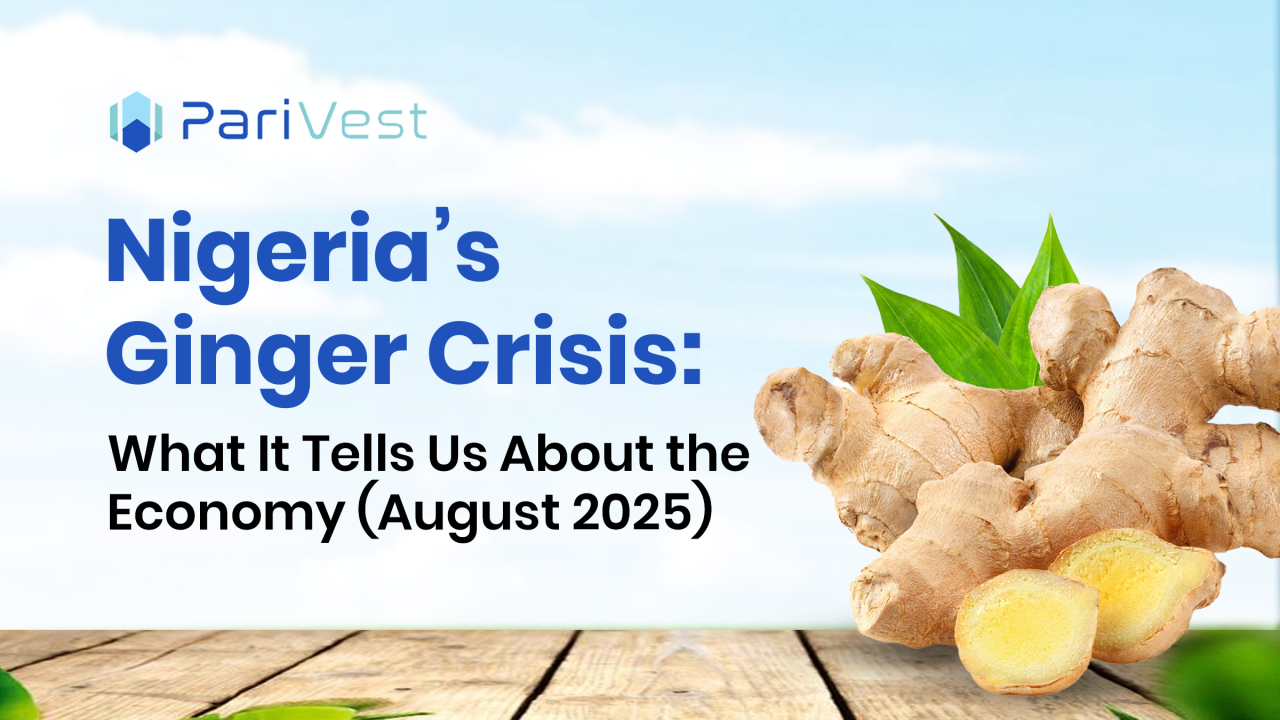
Nigeria's Real Estate Sector Hits N41tn
You know that friend who bought land in 2019 for ₦800k and now it’s worth ₦5 million? Or the house you’ve been eyeing for years that just got listed again—this time at double the price?
Real estate in Nigeria has always felt like a goldmine, but now the data backs it up. According to the newly rebased GDP figures from the National Bureau of Statistics (NBS), the real estate sector is officially the third-largest contributor to Nigeria’s economy, valued at ₦41.3 trillion.
Real estate now outpaces telecoms (₦23tn), construction (₦13.8tn), and even crude oil (₦13.1tn), a major shift in Nigeria’s economic landscape. Below, we break down what’s changed, why it matters, and what this means for investors and everyday Nigerians.
What Is GDP Rebasing?
GDP rebasing is the process of updating the base year used to calculate a country’s Gross Domestic Product. It gives a more accurate snapshot of current economic activity by reflecting new industries, improved data collection, and shifts in consumption patterns.
Nigeria’s latest rebasing recognises the growth and complexity of sectors like real estate, which were previously under-represented in economic data.
The Real Estate Jump: From ₦10.5tn to ₦41.3tn
Before the rebasing, real estate’s GDP contribution for 2023 was put at ₦10.5tn. With better methodology and updated data, that figure was revised to ₦30.7tn for 2023 and further rose to ₦41.3tn in 2024—an increase of over ₦30tn in just one year.
This surge highlights the sector’s true economic footprint: a wide network of value chains involving land acquisition, architectural design, construction, brokering, rentals, and property management.
Why the Sector Is Booming
Several key factors explain why real estate is now one of Nigeria’s fastest-growing and most valuable sectors:
Improved Valuation Methods: More accurate data now captures previously informal activity like private rentals and land services.
Urbanisation & Population Growth: Nigeria’s rising population means more people need homes, especially in urban areas.
Job Creation at Every Level: From architects and engineers to plumbers, bricklayers, and realtors, real estate supports employment across income brackets.
What This Means for You
With real estate’s revaluation comes a ripple effect across policy, investment, and personal finance. Here’s how it could impact you:
Rising Sector Confidence: The sector’s new status could attract more local and foreign investment, creating better housing options and development opportunities.
Stronger Case for Policy Support: With real estate now a top-three economic contributor, the government may channel more funding, incentives, and reforms into housing and urban development.
Opportunities for Investors: This rebasing signals long-term value in Nigerian real estate. For investors, this means more data-driven confidence in buying, developing, or funding property-related projects.
Looking Ahead
The rebased figures don’t just celebrate past growth—they signal what’s possible. If supported with clear policies and investment in infrastructure, Nigeria’s real estate sector could become a sustainable engine for economic transformation, job creation, and wealth building.
At PariVest, we help you understand the trends shaping your financial future. From GDP shifts to real estate investment strategies, we’ve got the insights that matter.
Have more questions? Email us at [email protected].


